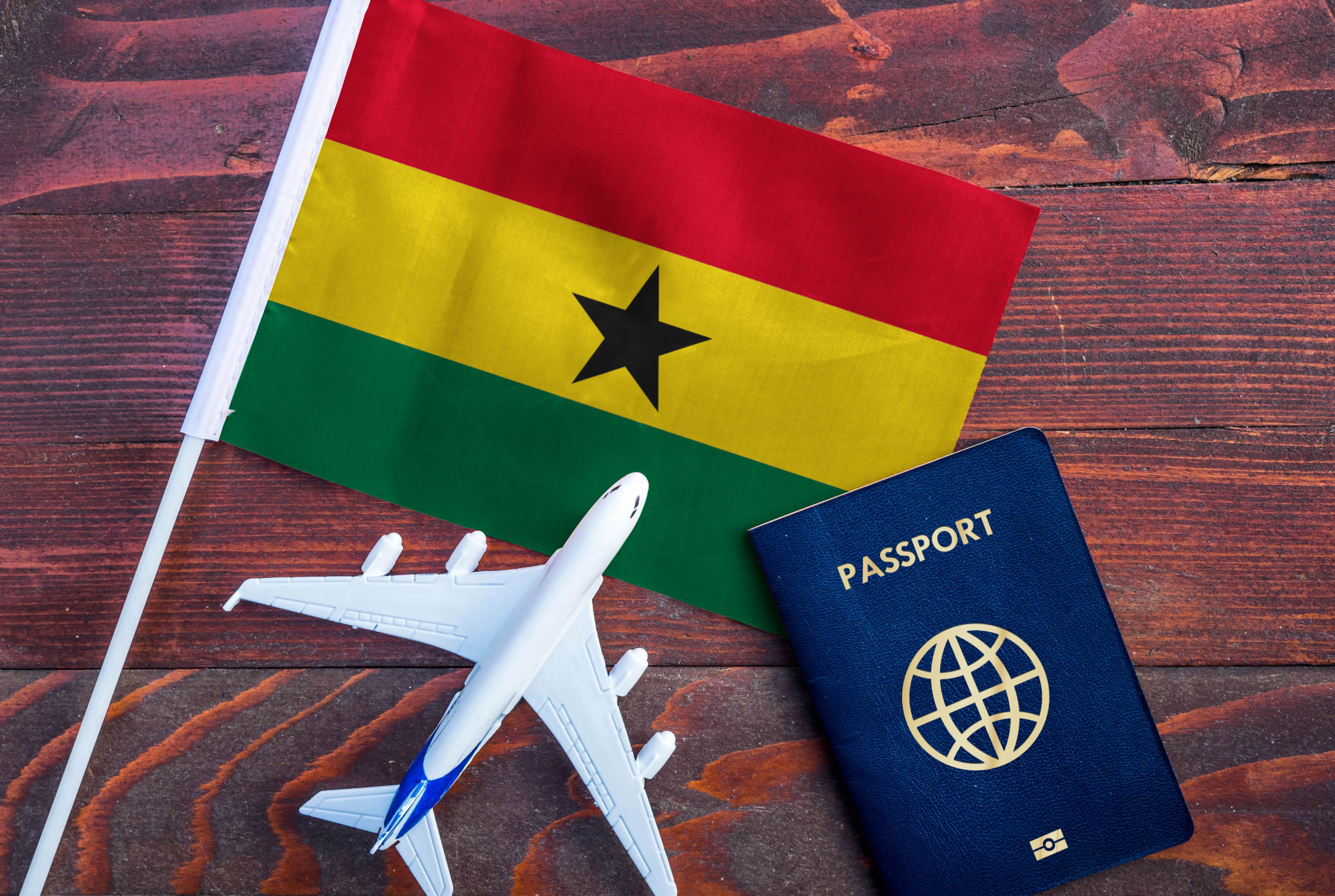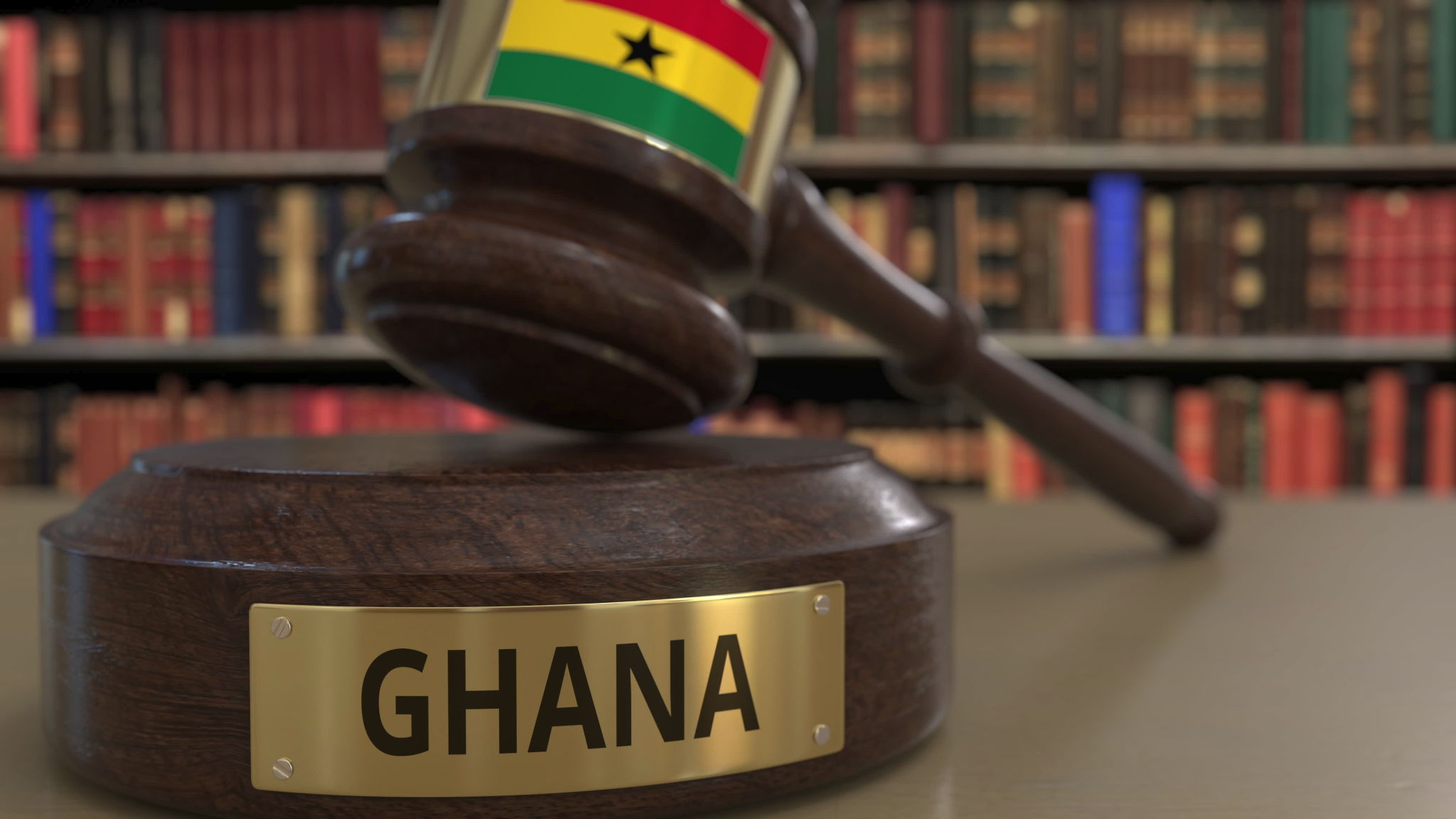Understanding Ghana's Airbnb Regulations: What Hosts Need to Know
Introduction to Airbnb Regulations in Ghana
Airbnb has revolutionized the hospitality industry worldwide, offering travelers unique and often more affordable accommodation options. In Ghana, the platform has surged in popularity, providing hosts with a lucrative opportunity to monetize their properties. However, with this opportunity comes the responsibility of adhering to local regulations and guidelines. Understanding these regulations is crucial for hosts to ensure compliance and maintain a successful Airbnb business.

Licensing and Registration Requirements
The first step for any prospective Airbnb host in Ghana is to understand the licensing and registration requirements. The Ghana Tourism Authority (GTA) mandates that all short-term rental properties be registered. This process involves submitting an application, undergoing an inspection, and obtaining a license. The goal is to ensure that accommodations meet safety and quality standards.
Hosts should also be aware that failure to register can result in penalties, including fines and potential closure of the listing. Therefore, it is advisable for hosts to initiate this process well before listing their property on Airbnb.
Tax Implications for Airbnb Hosts
Like any business, running an Airbnb in Ghana comes with tax obligations. Hosts are required to pay Value Added Tax (VAT) on the income generated from their rentals. Additionally, there may be other local taxes specific to the region or municipality where the property is located. It is essential for hosts to consult with a tax professional to ensure they are fulfilling all tax requirements and to avoid any legal issues.

Insurance and Liability Considerations
Insurance is another critical aspect that hosts need to consider. Standard homeowner's insurance policies may not cover short-term rentals, so it is important for hosts to seek out specialized insurance that includes coverage for Airbnb activities. This extra layer of protection can safeguard against potential liabilities or damages caused by guests.
Additionally, Airbnb offers its own Host Guarantee and Host Protection Insurance, but these should not be seen as a substitute for personal insurance policies. Hosts should evaluate their specific needs and risks when deciding on coverage.
Guest Safety and Property Standards
Ensuring guest safety is paramount for Airbnb hosts. This includes adhering to fire safety regulations, maintaining secure premises, and providing essential amenities. Properties should be equipped with smoke detectors, fire extinguishers, and first aid kits. Regular maintenance checks can help prevent accidents and ensure that guests have a safe and pleasant stay.
Moreover, maintaining high property standards not only complies with regulations but also enhances guest satisfaction, leading to positive reviews and repeat bookings.

Conclusion: Stay Informed and Compliant
The landscape of Airbnb hosting in Ghana is dynamic and may evolve as the platform grows in popularity. Staying informed about the latest regulations and updates from the Ghana Tourism Authority is crucial for hosts. By understanding and adhering to local laws, hosts can ensure their business thrives while contributing positively to Ghana's tourism sector.
Ultimately, compliance not only protects the host but also enhances the overall experience for guests, fostering a trustworthy and reputable accommodation environment in Ghana.
